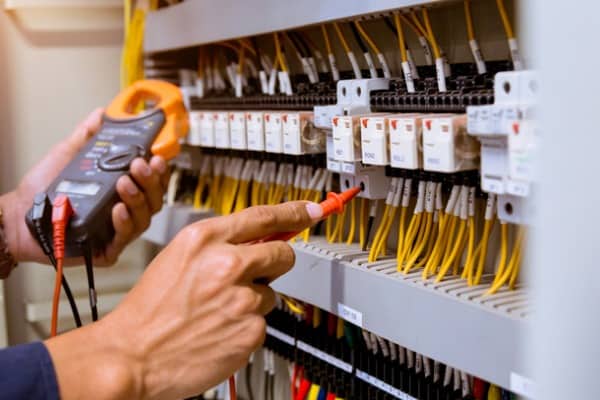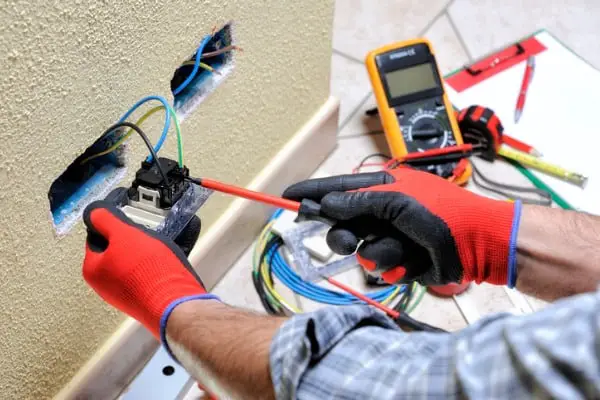
Electricity arrives at your home in your central fuse box and is then passed out via the different circuits, giving you power for lights, appliances, and heating.
It’s a relatively straightforward system but not one that should be messed with unless you know what you’re doing.
Even those who know what they're doing when it comes to electrical equipment wear protective clothing items such as sibille-safe gloves (check out the new pages from the Unigloves website to learn more) to make sure they are safe from electrical shock. Electricity should always be dealt with carefully and responsibly.
Surprisingly, there are very few things you can do to your electrical installation yourself.
That’s why you should have the number of a qualified and reputable Sydney electrician handy like ontimelocalelectrician.com.au . They’ll guide you through the issues and ensure your system is safe.
Of course, there are a number of safety tips you should be aware of to keep your and your family safe:
Quick Navigation
Circuit Breakers
Modern homes are fitted with circuit breakers instead of the older fuses.
These are significantly safer as they will cut the circuit in a fraction of a second. This can literally save your life.
If your home doesn’t already have circuit breakers fitted then you’ll need to speak to your electrician about having them added.
Circuit breakers can be added without rewiring your home. But, if you need to replace old fuses it suggests your electrical wiring is also old and should be replaced.
Know Your Wattage
Did you know that all light fittings and appliances are manufactured to handle a specific wattage?
The wattage should be listed on the appliance and you should ensure that the wattage of the bulb doesn’t exceed the maximum level given on the appliance.
It’s also important to verify the wattage of the circuit breaker. These should be rated for the type of circuit being operated.
Breakers that are overrated may not react quickly enough if there is an issue.
Don’t Overload
If you only have one or two circuits in one part of the room and you need more it can be tempting to add multi-outlets and extension cords.
Multi-outlets are, at times, a good way of powering the items you need. However, you need to consider the load being placed on the circuit.
In most cases, it will only be rated for eight outlets.
If your multi-outlet means more than eight appliances are plugged into one circuit you may be overloading the system and increase the risk of fire.
Extension cables are never a good idea, they tend to overheat and increase the risk of a fire.
Electrical Cords

Damaged electrical cords are very dangerous as they carry a live current that you can accidentally come into contact with.
Any damaged cord must be replaced and the appliance shouldn’t be used until the repair has been completed.
Unplug
Any appliance left plugged in uses some electricity. By unplugging them you’ll be saving yourself money.
Impressively, this will also reduce the risk of fire or damage to your appliances thanks to a surge in power.
It’s surprisingly easy to get into the hang of unplugging and very beneficial.
Don’t Leave heat Unattended
One of the biggest risks in your home is the oven and portable fires. When these items are on and left unattended, fires start. Simply don’t do it!
